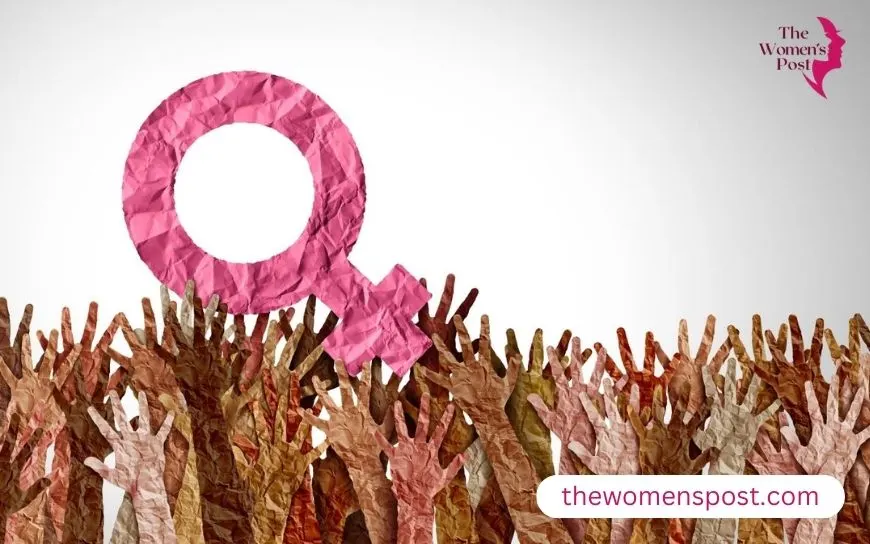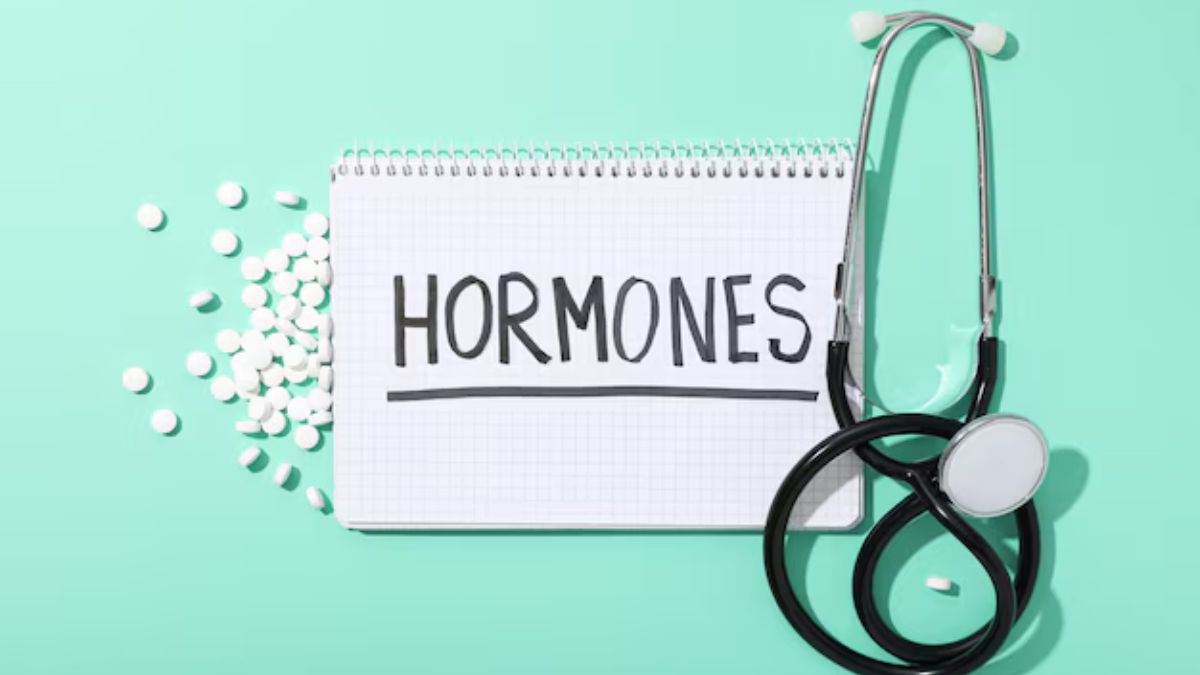Hormones, the small chemical messengers that circulate through our circulation, play an important part in regulating our body’s functions. While we frequently identify them with bodily changes such as puberty, pregnancy, or menopause, their significance extends well beyond the physical sphere. Hormonal changes have a profound impact on our mental health, altering how we think, feel, and respond to our surroundings.
Understanding this relationship is more than simply a scholarly study; it is an emotional journey that touches all of us. Let’s look at the tremendous consequences of hormone variations on mental health, not just through a biological lens, but also from the raw, human experience.
The Rollercoaster of Puberty
Imagine being a teenager again, when every emotion feels amplified. One moment you’re ecstatic by a little praise, and the next you’re depressed about a tiny setback. This emotional upheaval is mostly caused by an increase in sex hormones — oestrogen and testosterone.
Oestrogen, which increases dramatically in girls throughout puberty, influences the creation of serotonin, the “feel-good” neurotransmitter. The fluctuation of oestrogen levels affects mood stability. Testosterone, which increases in boys, is associated with aggressiveness, competition, and risk-taking behaviour. Teenagers’ emotional upheaval is more than simply “teen angst”; it is caused by hormonal storms that are developing within them.
For many people, this stage involves worry and despair, which adults sometimes ignore as normal growing pains. Recognising these hormonal affects, however, may develop empathy and open talks, allowing young people to feel seen and understood.
The Monthly Battle: Menstrual Cycle and Mood
For many women, the menstrual cycle is more than simply a physical phenomena; it’s an emotional journey. Every month, oestrogen and progesterone levels fluctuate, influencing brain chemistry.
Rising oestrogen levels during the follicular period (days 1–14) might improve mood and energy. However, the luteal phase (days 15-28) causes a decrease in oestrogen and an increase in progesterone, which frequently leads to premenstrual syndrome (PMS). Symptoms like impatience, anxiety, and melancholy are more than “just hormones”; they are biological processes that occur in real time.
Some women develop premenstrual dysphoric disorder (PMDD), a severe type of PMS associated with intense mood fluctuations, despair, and even suicide ideation. The emotional impact of these changes is significant, making it critical for friends, family, and coworkers to give sympathy and support.
Emotional Earthquake of Pregnancy and Postpartum
Pregnancy, a period frequently associated with the glow of approaching motherhood, also comes a slew of hormonal changes. Oestrogen and progesterone levels rise, promoting foetal development while also influencing mood control.
For some, this hormone rush promotes a sense of peace and satisfaction. For others, it causes anxiety or despair. These hormones decline significantly after childbirth, which can cause “baby blues” – feelings of melancholy, overwhelm, and irritation.
In more severe situations, postpartum depression (PPD) develops, characterised by profound emotions of sadness, detachment from the infant, and hopelessness. Understanding the hormonal causes of these feelings can help to reduce stigma and encourage new moms to seek care without feeling ashamed.
The Storm of Perimenopause and Menopause
Perimenopause, the transitional period preceding menopause, is another emotionally fraught time. Oestrogen levels fluctuate, resulting in mood swings, anxiety, and sadness. The brain’s response to hormonal changes can be similar to clinical depression symptoms.
Menopause, characterised by a sharp reduction in oestrogen levels, can cause feelings of loss, irritation, and even cognitive fog. This emotional upheaval frequently corresponds with other life pressures, such as empty nests, ageing parents, and work changes, exacerbating the psychological strain.
Creating safe spaces for women to discuss their stories without being judged can help them develop resilience and mental wellbeing throughout this time of their lives.
The Hidden Battle: Thyroid Hormones and Mental Health
While sex hormones receive the most of the attention, thyroid hormones, generated by the butterfly-shaped gland in the neck, are also key actors in mental health.
Hypothyroidism (low thyroid hormone levels) can lead to sadness, lethargy, and mental fog. Hyperthyroidism (high thyroid hormone levels) can cause anxiety, restlessness, and panic attacks. These disorders frequently go misdiagnosed, with emotional symptoms mistaking for separate mental health concerns.
Recognising the hormonal causes of these mental health issues might enable people to seek appropriate medical examination and therapy.
Emotional Validity and Medical Understanding
The complex interaction between hormonal and mental health serves as a reminder that our emotions are inextricably linked to our biology. Too frequently, folks dealing with hormonally-driven mental health issues hear dismissive statements such, “It’s just hormones,” or “You’re overreacting.”
However, these feelings are genuine, meaningful, and stem from intricate biological processes.
Compassion is essential. Whether it’s a teenager experiencing mood swings, a lady suffering from PMS, or a new mother dealing with postpartum depression, emotional support must complement medical care.
Understanding the hormonal undercurrents of mental health increases empathy. It permits us to see emotional challenges as physiologic adjustments rather than marks of weakness.
By bridging the gap between science and human experience, we may build a society in which mental health is treated with both medical knowledge and emotional compassion.
So, the next time someone appears “overly emotional” or “moody,” halt. Consider the invisible hormonal fights they might be experiencing. In that instant of comprehension, you give them something priceless: the comfort of being genuinely seen.
Also read: The Hidden Cost of Menstruation: How Period Poverty Impacts Mental Health










